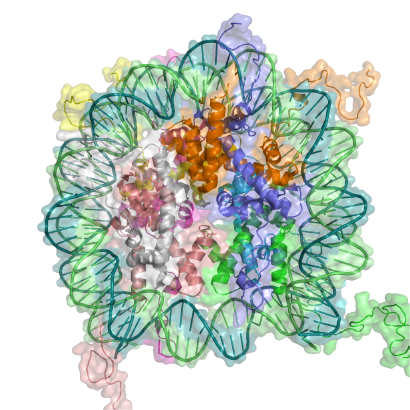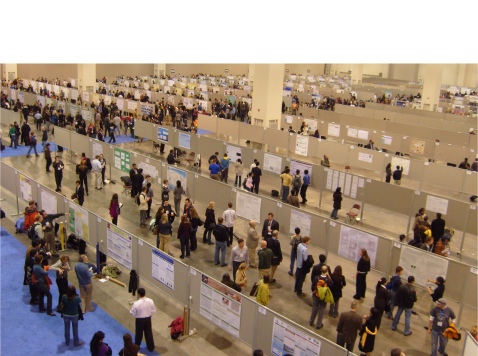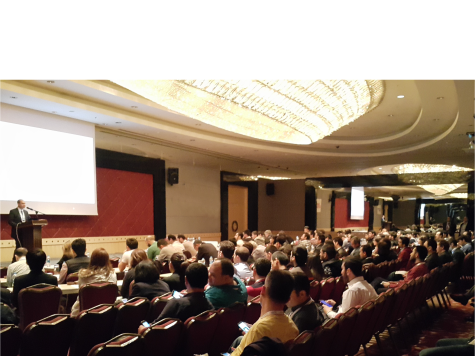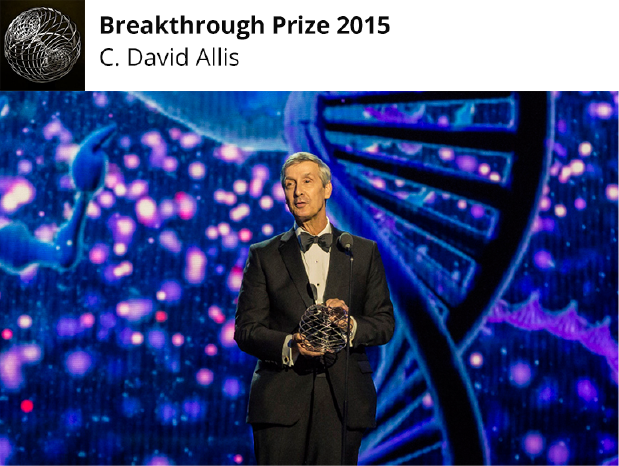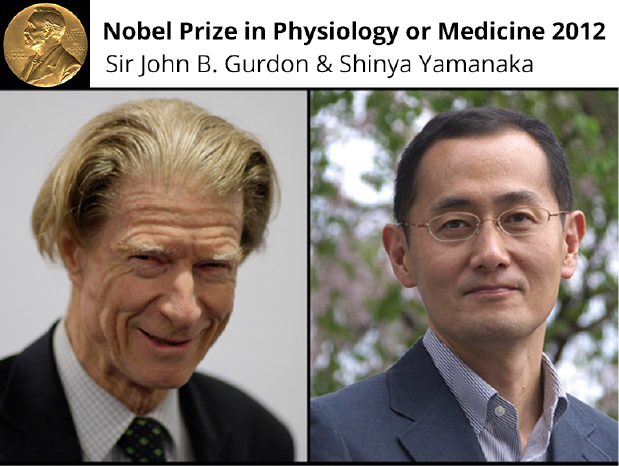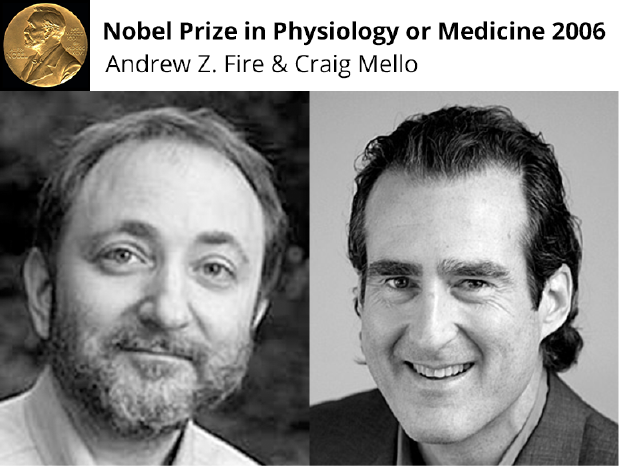1. Nucleosome; 2. DNA methyltransferase 1 (DNMT1)
Welcome to the Cancer Epigenetics Society (CES)
The last two decades of cancer research have undergone a profound revolution with the discovery of the central role played by epigenetics in cancer. This can be seen in the number of scientific and medical cancer epigenetics publications which have increased from some 15 articles per year in 1995-2004, to more than 400 articles per year in 2005-2014. By 2022, more than 55,000 articles have been published in the field. Epigenetics covers all aspects of chromatin and chromosome biology that include DNA, RNA, and histone chemical modifications, chromatin remodeling, microRNAs and long non-coding RNAs, and all the proteins that effect these functions, collectively referred to as epigenetic modifiers. All current data show that epigenetics supplements (if it doesn’t supplant) genetics in several cancers. A better understanding of epigenetics can therefore only lead to a better understanding of cancer and to better cancer therapies. This is already the case for several forms of cancer, including multiple myeloma, high-risk myelodysplastic syndrome, cutaneous T cell lymphoma, and acute myeloid leukemia.
Who we are
The Cancer Epigenetics Society is headquartered in the historical 1st district of Vienna, Austria, home to University of Vienna, 15 Nobel prize laureates, and to some of the most influential minds of all times, including Ludwig Boltzmann, Christian Doppler, Sigmund Freud, Gustav Mahler, Gregor Mendel, Max Perutz, and Erwin Schrödinger, to cite a few. Contrary to many other cancer societies with restricted national affiliations, we believe that discoveries can be made and brought to the clinic much faster through international collaboration, and we therefore serve all nationalities and geographical areas without restriction (we currently serve members in 155 countries). The international spirit is also manifest in our team, composed of a group of professionals and volunteers from around the globe dedicated to cancer and epigenetics research. On an average day, five different languages can be heard intermingled with English, our working language. You can learn more about us and about cancer epigenetics by exploring all the features in this and other areas of the Society’s web portal.
Our members’ expertise covers
What is our goal
For many cancer patients, time is of the essence. Despite its promises, the field of cancer epigenetics has been slow in translating its findings into tangible clinical applications. As a case in point, 5-azacytidine, an epigenetic drug shown to more than double survival of mice with leukemia in 1964, and which showed a remarkable activity in cancer patients in clinical trials in 1975, was FDA-approved for a cancer that had no other treatment, 40 years after its discovery. Our ultimate goal is to bring together patients and their families, scientists, oncologists, and other healthcare providers and policy makers to advance and publicize knowledge, expedite discovery, and streamline clinical findings in cancer epigenetics to benefit patients as fast as possible. The Cancer Epigenetics Society focuses on cancer epigenetics as all indications point to this field as one of the most promising research fields, at the bench and bedside alike.
What we do
We work together with research and clinical institutions, as well as with the industry and with all individuals with a vested interest in cancer. We promote cancer epigenetics research, reward the best discoveries, publish the newest and most advanced findings, facilitate international collaborations, and support patients and advocates. We also help bring in the best and brightest talent to further the ranks of cancer epigenetics research. Through these concerted actions, and by bringing resources and people with different expertise and perspectives together, we work on expediting discovery for a very time-sensitive disease.

